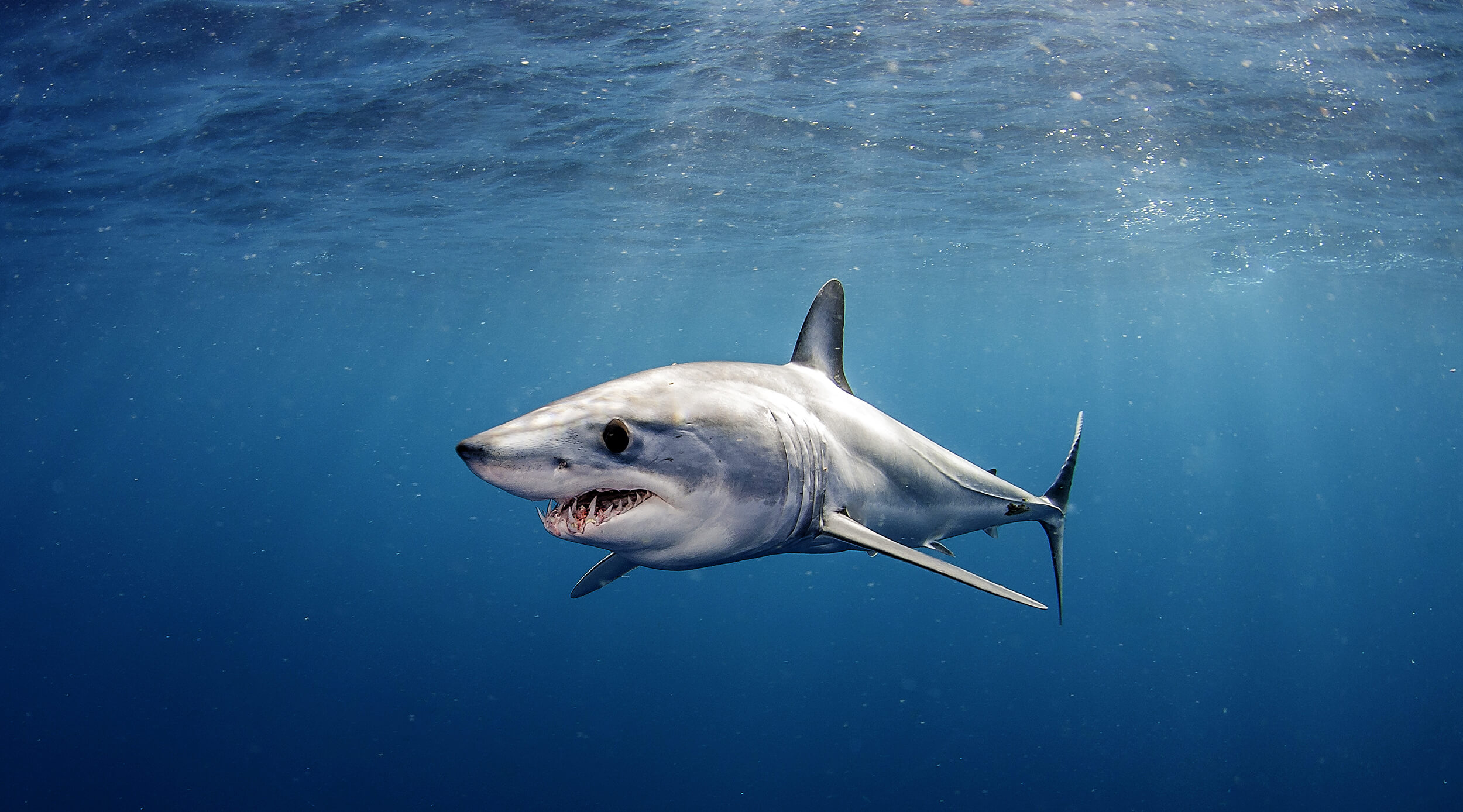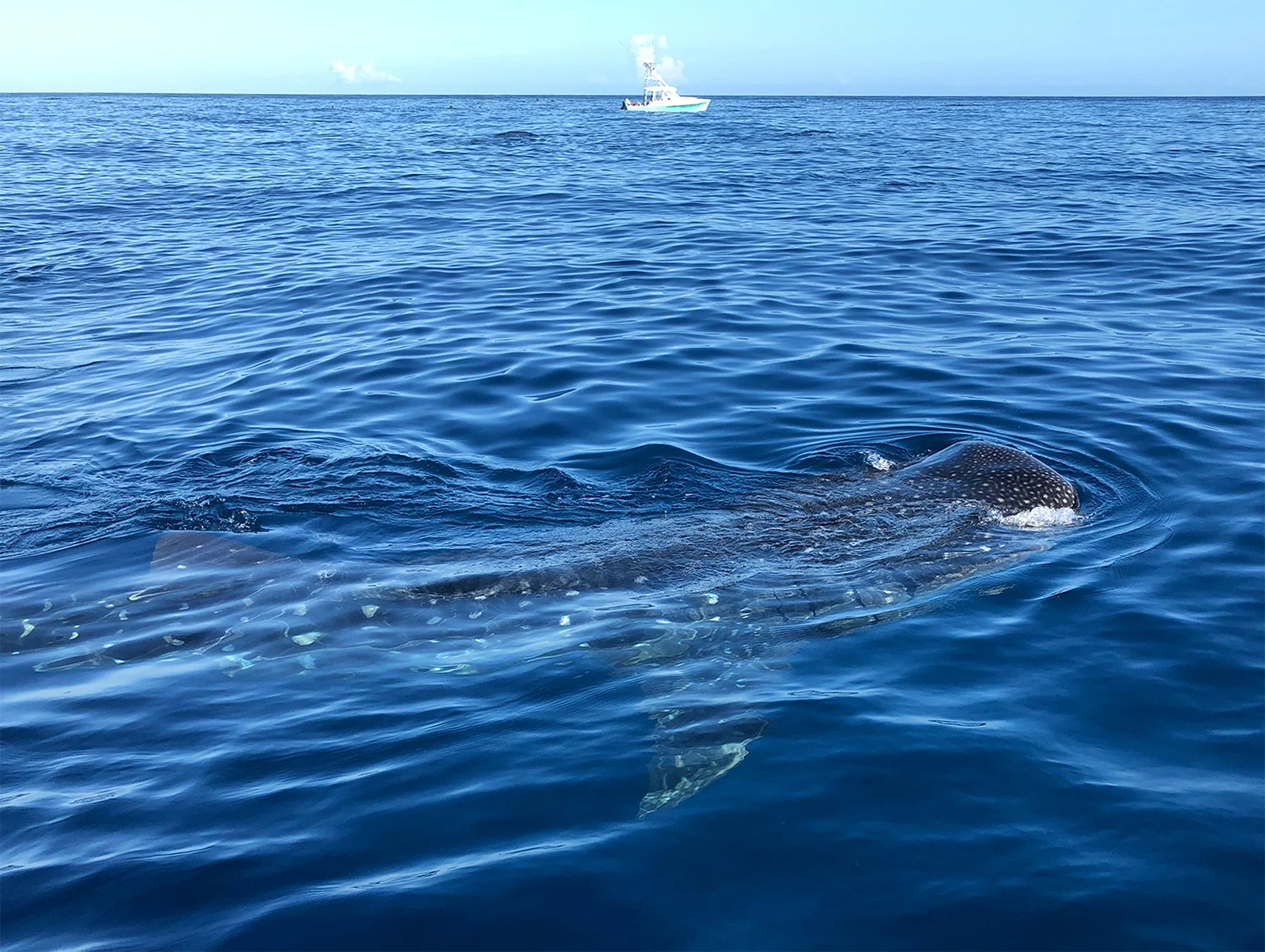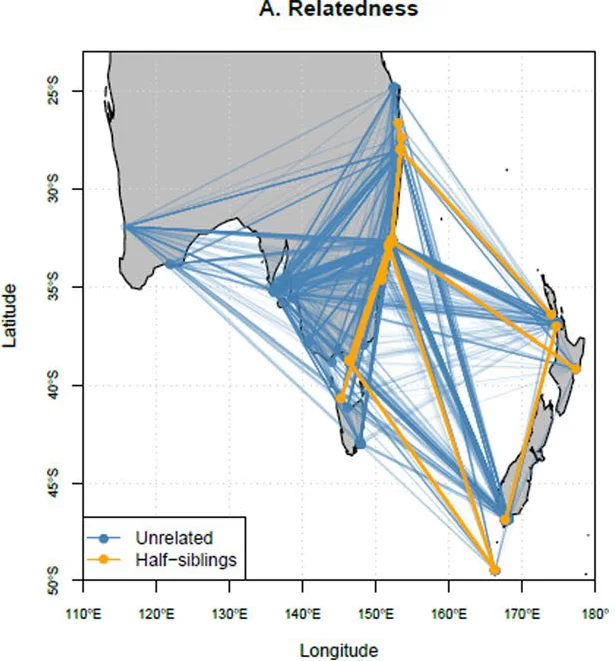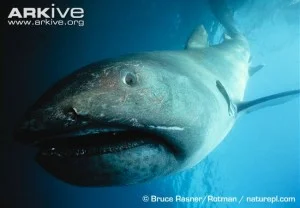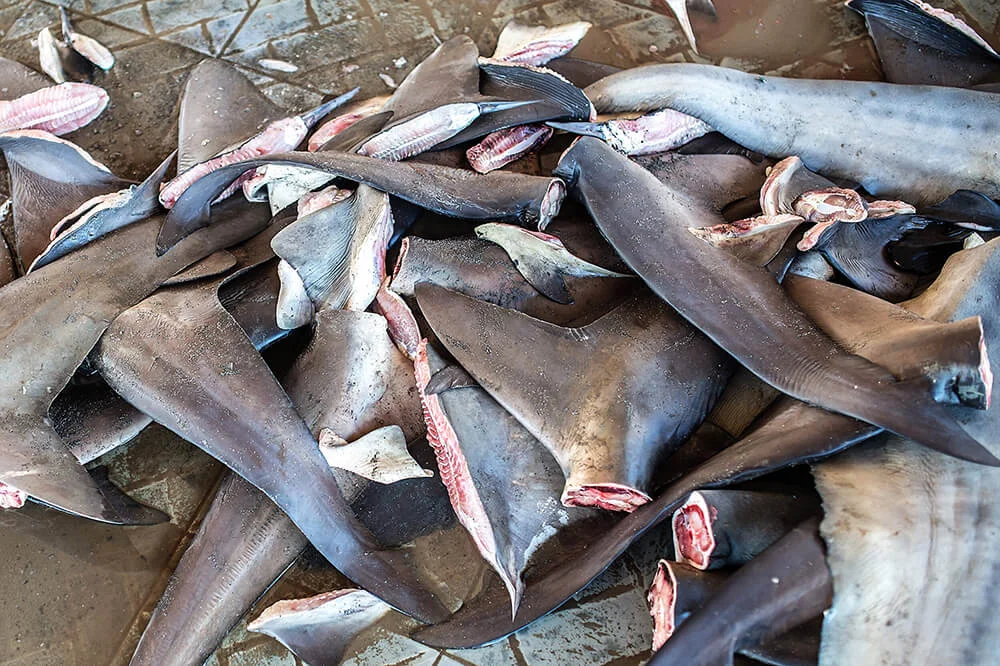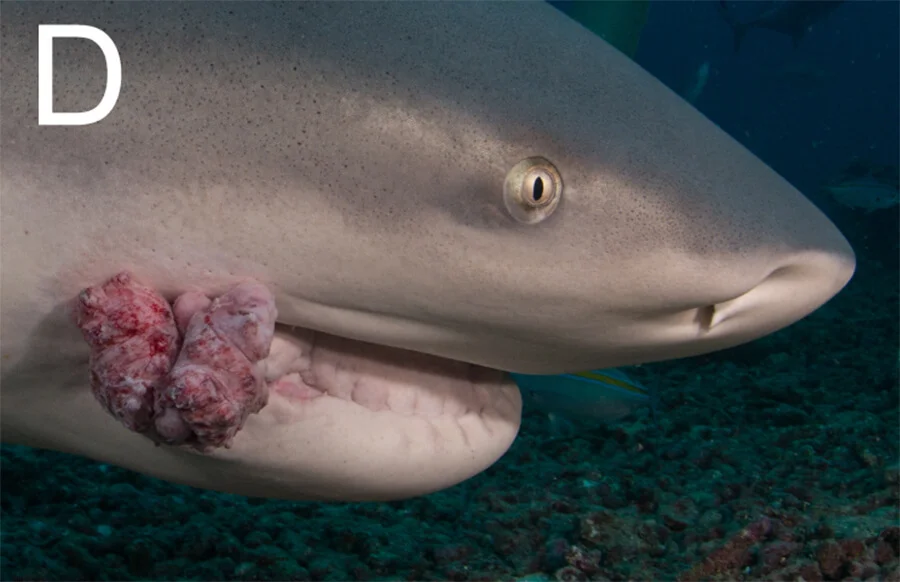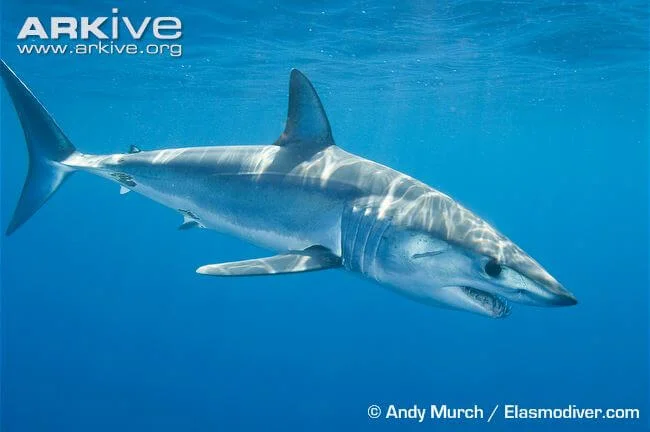More discussion about the state of makos, guitarfish and wedgefish. Image © Steve De Neef.
Read MoreMakos need your voice! Image © Steve De Neef.
Read MoreSenegal and Mexico presenting hard science in support of Appendix II listings. Image © Steve De Neef.
Read MoreMuch about sharks and rays at the first day of Committee I (animals) reports.
Read MoreNormally I use this blog to explain other groups’ science, but there is cool science happening right here at SRI, and some of it takes place in the sparkling blue waters of the Mexican Caribbean. We’ve just wrapped up three back to back whale shark research expeditions, focusing on photo-identification of these animals using their spot patterns.
Read MoreOne of the most difficult tasks in shark conservation is estimating population numbers, particularly for the large pelagic sharks that spend much of their time out of sight. For animals such as white sharks, where protection is controversial because of the public fear associated with shark bites, population assessments are even more critical.
Read MoreLarge filter-feeding marine animals, like the whale shark and manta ray, are most commonly observed feeding near the ocean surface on blooms of zooplankton. Recent techniques make it possible to determine the precise food sources of these animals, without relying on what can be limited observation.
Read MoreSharks are assumed to be carnivores, eating a high-protein diet of mammals, fish and other marine animals.
Read MoreA recent paper by Lopez-Martinez et al reports the frequent co-occurrence of whale sharks with cannonball jellyfish (Stomolophus meleagris) in the Gulf of California.
Read MoreThe megamouth is one of the rarest sharks in the world. Surprisingly for an animal that can reach 7 meters in length, it was described only in 1983, and only ~100 specimens have been found.
Read MoreImages of a malevolent monster haunt our aquatic imagination and abyssal unconscious! Perpetuated by popular culture, this image transcends the real; transforming a 100-million-year-old fish into the contemporary emotionally, socially, and politically charged hyper-real monster we know as the Great White shark.
Read MoreThe Shark Research Institute/Explorer’s Club Djibouti whale shark research expedition departs this week!
Read MoreShark finning continues seemingly unabated, despite some gains in protection for threatened shark species. The scope of the trade is staggering, more than 70 million fins per year are thought to move globally. What species are targeted for these fins?
Read MoreEat a shark and you won’t get cancer, or the cancer you have will be cured. Many sharks are killed for the supposed curative powers of their cartilage, among other health claims. Sharks do, of course, get cancer, and numerous examples of shark cancer have been documented.
Read MoreMultiple insults to shark populations - fisheries, habitat degradation, the fin trade, climate change - are believed to be interacting to cause steep declines in the numbers of many species. It is difficult, however, to accurately estimate the population size of wide-ranging pelagic sharks.
Read MoreShark meat consumption is bad for sharks of course, millions of sharks are killed each year for the shark meat and fin trade, but it’s also bad for people. Shark meat has been shown to carry levels of toxic metals such as mercury that far exceed what is allowable for human consumption.
Read MoreThis documentary reaches into the lives of 5 men and how they were touched by a shark as they also describe the nature of a shark and the issues the shark faces in today's environment.
Read MoreThe current issue of Ocean Geographic magazine has an article on the CITES CoP17 conference written by SRI Director of Science & Research Dr. Jennifer Schmidt.
Read MoreWe hear so much bad news about sharks – populations of many species have declined to historic lows, finning occurs in numerous countries, bycatch continues to threaten shark species, shark fishing tournaments are conducted for sport here in the U.S. When a bit of good news about sharks comes along it seems natural to be encouraged that perhaps the situation is turning around.
Read MoreWe are heartbroken to report the death of SRI Advisory Board member Rob Stewart.
Read More
